Coming next is something more about third places, which turn out to be a favorite with both conservatives and liberals—not something one can say about all that many things these days.
Today we have a curious literary tale, a twist on the usual account of a woman who typed for her husband. I came back to this topic—known as #Thanks4typing because of the 2017 hashtag—because I’ve been asked to give a talk about it next month at Mason Library.
What brought Sylvia Plath to mind in connection with #Thanks4typing was a passage in Carl Rollyson’s The Last Days of Sylvia Plath about her attempt to befriend a friend of her husband’s by offering to type his poetry.
Did Myers simply ignore her other side, the one who wrote to him on March 11, 1957: “I couldn’t let Ted’s letter fly off without talking some too. It was great hearing from you & we both miss you very much.” She wanted him to stay with them before they sailed for America. She promised good meals. “Now please, please send us whatever you’ve written & write. Let me be a kind of secretary.” She claimed “professional status now & I’d be glad to type them up & send them around—also to type your book whenever you get together your poems.”
The fiery Sylvia Plath as a typist?! But Plath, ambitious as she was, wanted her husband Ted Hughes to succeed. She typed his poems, and submitted them for a literary prize that launched his career, as you’ll hear from Carl Rollyson in this podcast. Carl has also written a book called The Making of Sylvia Plath, so I asked him to talk in this podcast about the making of Ted Hughes, British Poet Laureate.
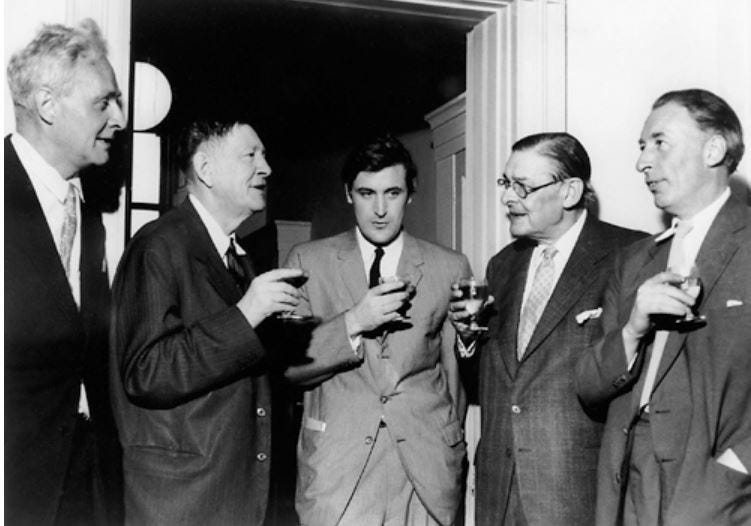
I look at this well known photo of the Faber photos—T S Eliot the oldest and Hughes the youngest—and imagine Plath’s being jealous and wanting to be standing among them. But that’s apparently not how it went, as you’ll hear in the podcast. Ted Hughes was in a way her creation and she was glad to see him there, right where she had meant him to be.
And if you’re interested in literary shenanigans, don’t miss this piece about “The Ghost of Sylvia Plath.”
Show Notes
Carl Rollyson has written a number of books about Sylvia Plath, as well as many other biographies and books about the art of biography. Here’s a full list.
Background on Thanks for Typing and photos from the Oxford conference is at this page.


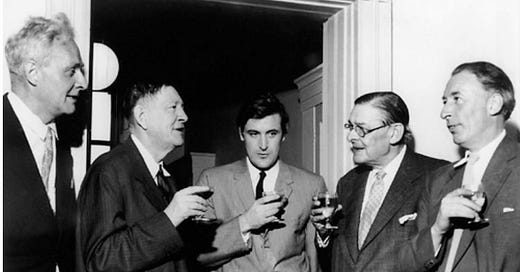



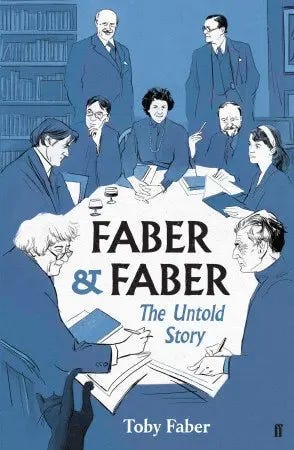

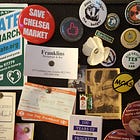
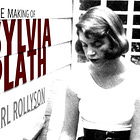






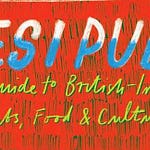



Share this post